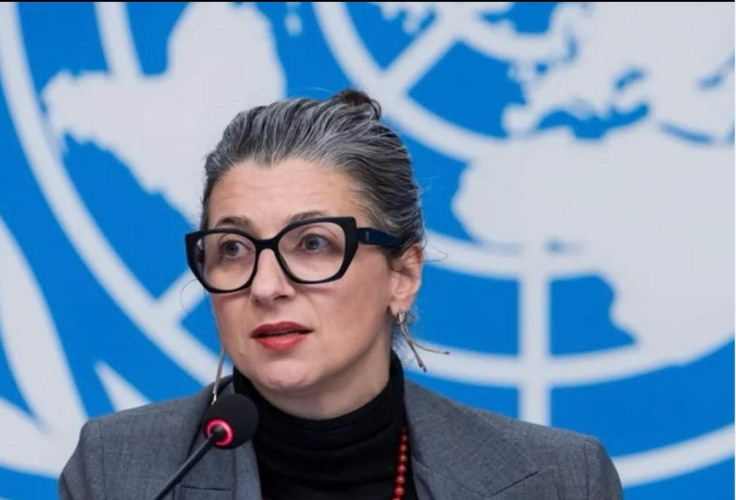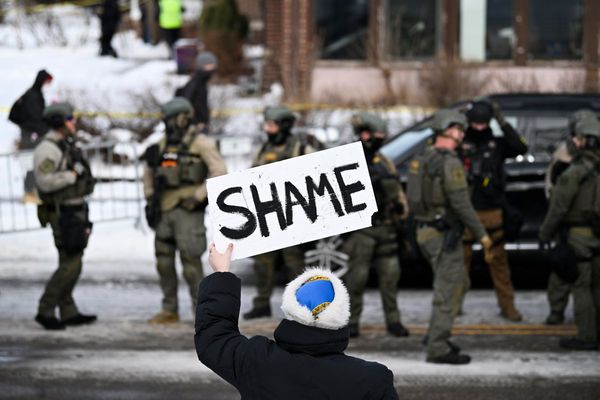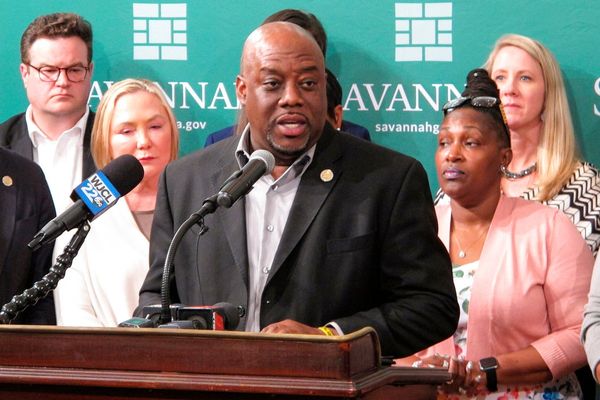
In an unprecedented move on 9 July 2025, the United States sanctioned Francesca Albanese, the United Nations Special Rapporteur on the occupied Palestinian territories. The decision has provoked sharp international criticism and prompted questions about her background, legal standing, and an unrelated surname connection to Australian Prime Minister Anthony Albanese.
Who Is Francesca Albanese: Age, Ethnicity, and Career
Francesca Albanese, 48, is an Italian human rights lawyer and academic. She studied at the University of Pisa and holds a Master of Laws in human rights from SOAS University of London. Since May 2022, she has served as the UN's Special Rapporteur on the situation of human rights in the Palestinian territories occupied since 1967.
Before her current role, Albanese worked within various UN bodies, including the UN Relief and Works Agency (UNRWA), and collaborated with Georgetown University's Institute for the Study of International Migration. While she has not passed the Italian bar exam, Albanese has said she chose to focus on academia and international human rights rather than practising law domestically.
Her reporting, particularly on Gaza, has attracted both praise and condemnation. She has described Israel's military actions as potentially 'genocidal' and has advocated for an arms embargo and sanctions. Some of her stances have made her a contentious figure in diplomatic circles.
Why Has the US Sanctioned Her?
On 9 July 2025, under President Trump's renewed administration, Secretary of State Marco Rubio accused Albanese of using her position to push for International Criminal Court (ICC) investigations targeting US and Israeli officials. He called her actions 'illegitimate and shameful', citing bias and a lack of neutrality.
Albanese's support for ICC investigations into alleged war crimes could theoretically implicate US personnel or political figures, raising fears of legal scrutiny. Observers suggest that the sanctions may be a pre-emptive attempt to delegitimise that threat before it gains further traction.
Under the sanctions, Albanese is barred from entering the US, any assets held within American jurisdiction are frozen, and US-based institutions are forbidden from engaging with her.
In response, Albanese has maintained that her work aligns with international legal norms and has been guided by impartial standards. Human rights organisations including Amnesty International and Human Rights Watch have condemned the sanctions, warning that they threaten the independence of UN mandates and undermine global accountability mechanisms.
The US sanctions against UN Special Rapporteur Francesca Albanese are a disgraceful affront to international justice.
— AmnestyCanada (@AmnestyNow) July 9, 2025
This is a shameless and transparent attack on the fundamental principles of international justice. https://t.co/MSrMpMuMCJ
Is She Related to Anthony Albanese?
Despite the shared surname, there is no connection between Francesca Albanese and Australian Prime Minister Anthony Albanese. Francesca is Italian, with no reported familial or political ties to the Australian leader. Anthony Albanese is of Italian-Australian heritage and has spent his political career within the Australian Labor Party. The speculation appears to stem solely from name similarity.
Implications for UN Oversight
The US action against Albanese marks a significant escalation in tensions over accountability for the ongoing conflict in Gaza. Critics argue the sanctions set a troubling precedent for the treatment of independent UN experts, particularly those investigating powerful states.
Supporters of Albanese view the move as an attempt to intimidate international legal institutions and discredit mechanisms intended to uphold humanitarian law. Her role, they argue, is of a legally mandated voice for oversight in a highly polarised geopolitical environment.
Francesca Albanese's sanction marks a pivotal moment in the global struggle over human rights and international accountability. Her case highlights the growing pressure on UN experts who challenge powerful nations, raising urgent questions about the future independence of global institutions.







